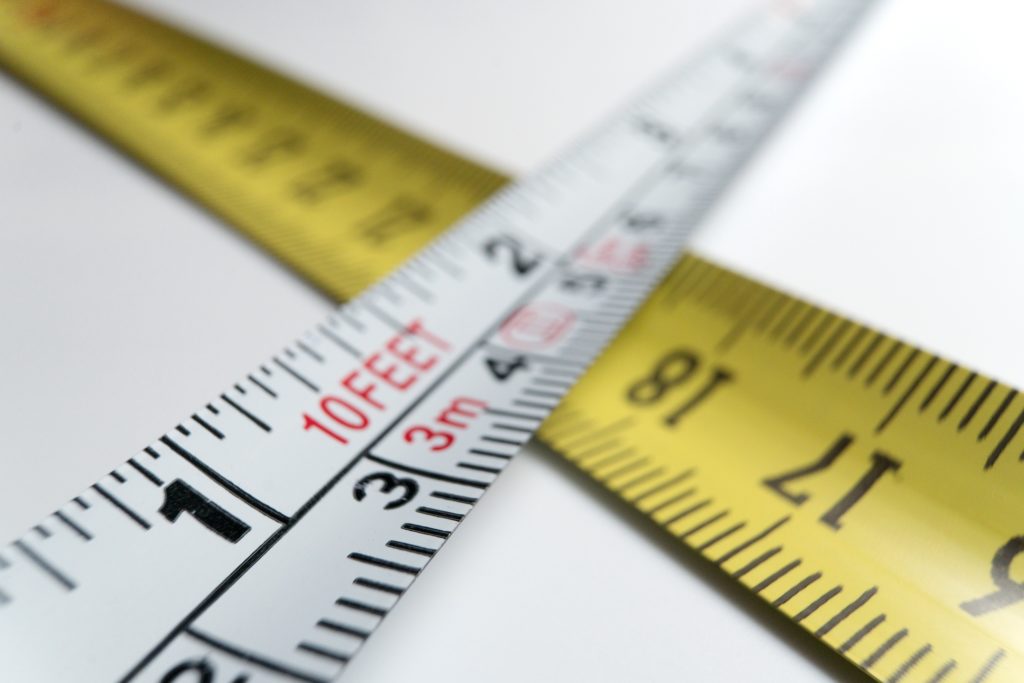ME226 - Mechanical Measurements

Instructor
Prof. Atul Srivastava
Section
Section S2, based on odd-even roll numbers
Semester
Spring
Course Difficulty
Quite an easy course, as the name suggests, more focused on numerical aspects which are simple to deal with, but has a good theory background on working of various devices like Op Amps etc. Any average student should be able to do decent enough
Time Commitment Required
Not much time required, revision was required every day since there were surprise quizzes, which takes around 15 min to 1 hour depending on how much taught that day. This helped in reducing the time required towards endsems. Around 3 hours would be sufficient just before endsem, most of it to revise the use of formulae if cheat sheet not provided.
Grading
Grading was quite chill. Adequate distribution of grades was done.
Attendance Policy
No attendance, only surprise quizzes, but most of the content was on board, and sir was usually reluctant to upload the ppts used.
Pre-requisites
No prerequisites
Evaluation Scheme and Weightages
50 percent endsem, 30 midsem, 20 quizzes and tutorials. There was a project too, initially included in evaluation, later on as added bonus marks
Topics Covered in the Course
Basics of measurement and terminologies, Measurement techniques in thermal, fluid, and solid mechanics, their background, and some instruments. Some electronic devices like Op Amps also covered in depth
Quality of Lectures
Mostly board teaching, some on slides. Sir liked participation of students a lot. Sir focuses more on basics of the thing discussed, which was actually quite beneficial in this course
Assignments and projects in the Course
Most assignments were easy, hardly one or two were towards moderate
Exams
- Quizzes - easy to moderate
- Midsem and endsem - easy
Reference Material
Doeblin was a book recommended, but can easily find plethora of resources on web
Importance of Course
Course is extremely important since as an engineer or a researcher, we need to measure a lot of quantities, and how to interpret and deal with on a numerical basis is thought in this course, as a student progresses, its usefulness can be found everywhere